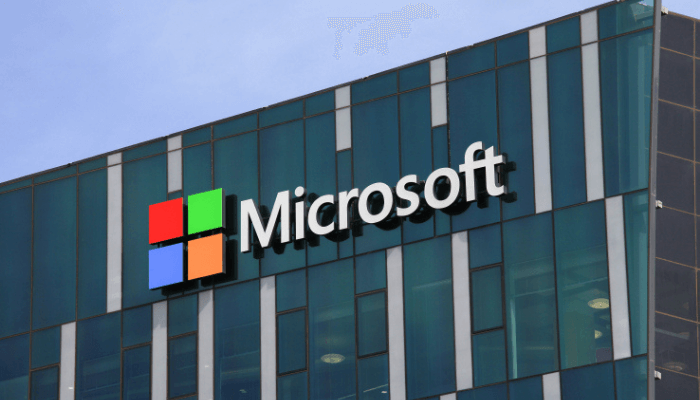Microsoft is scaling back its operations in Nigeria, significantly reducing its office space at the Kings Tower building in Ikoyi. The tech giant will decrease its occupancy from six floors to two, following the recent layoff of half its workforce in the country.
This downsizing suggests a strategic pullback in Nigeria, with sources indicating that Microsoft may not renew its tenancy when the current lease expires in 2025.
In an emailed statement, Microsoft explained, “Organizational and workforce adjustments are a necessary and regular part of managing our business. As we navigate these changes, Microsoft remains steadfast in our commitment to Africa’s growth and development.”
The remaining two floors will be occupied by Microsoft’s sales team, which was largely unaffected by the earlier layoffs. The staff reductions in May and July 2024 primarily impacted the engineering team, coinciding with the closure of the African Development Centre (ADC) in Lagos. According to insiders, the engineers who were retained have been asked to relocate to Kenya for new projects.
A spokesperson for Microsoft emphasized that the closure of the ADC does not signal a withdrawal from Nigeria. “While we have made the difficult decision to close the Africa Development Centre in Nigeria, we want to emphasize that this move does not diminish our commitment to Nigeria and the region,” the spokesperson stated.
UK: MICROSOFT STRESSES DIGITAL INFRASTRUCTURE, SUPPORTS GOVERNMENT’S ECONOMIC FOCUS
“We will continue to operate in Nigeria, actively supporting the country’s transformation objectives. Our investment in key growth areas remains unwavering, and we are determined to contribute to Africa’s progress by providing digital solutions, fostering innovation, and empowering local talent.” it added
Following the closure of the ADC in June 2024, Olatomiwa Williams, Microsoft’s Nigerian Managing Director, met with Finance Minister Wale Edun to reassure the government of the company’s ongoing commitment to Nigeria.
However, concerns were raised on the Nigerian side, particularly in light of Microsoft’s recent decision to invest $1 billion in geothermal data centers in Kenya. This investment includes establishing an engineering team to oversee these projects, marking Kenya’s success in attracting significant foreign direct investment (FDI) over Nigeria.
Microsoft’s shift in focus highlights the competitive landscape for attracting global tech investments in Africa, with Kenya currently emerging as a favored destination. Despite these changes, Microsoft maintains that it remains dedicated to contributing to the digital transformation and economic growth of Nigeria and the broader African region.




